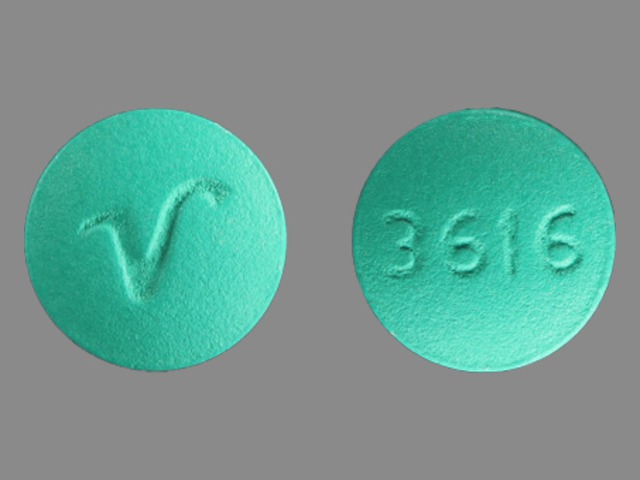When someone has pruritus, hydroxyzine may be prescribed for the itching, especially if it is caused by allergic conditions. For some, hydroxyzine is used to treat alcohol withdrawal because of its effect on nausea and vomiting. This medication can also be used to treat tension or anxiety and has been used for sedation before or after anesthesia. This leads some to ask if it is OK to take hydroxyzine for better sleep.

Can You Take Hydroxyzine for Sleep?
Yes. Most antihistamines have a very sedative property and hydroxyzine is no different. This can make it good for treating insomnia. Commonly 25-50 mg is prescribed to help a person sleep. However, you should not take hydroxyzine without consulting your doctor first. You need to make sure it is safe for you to take.
It should be noted that in some cases, this drug will have a person still feeling drowsy the next day. Some potential side effects are:
- Sleepiness in the day
- Cognitive impairment
- Blurred vision
- Drunken movements
- Dizziness
- Dry throat and mouth
Precautions to Know Before Taking Hydroxyzine
Make sure that hydroxyzine for sleep is the right treatment for you and speak to your doctor if:
- You are trying to conceive, pregnant or nursing.
- You are older than 65 because side effects may be strong.
- You have liver or kidney troubles.
- You have a problem such as glaucoma that causes increased eye pressure.
- You have trouble with your prostate and difficulty urinating.
- You have heart rhythm troubles.
- You have epilepsy.
- You have intestinal blockages.
- You are on medications that may not mix with hydroxyzine.
- You have long-term breathing difficulties such as bronchitis or asthma.
- You have porphyria, a rare blood condition that is inherited.
- You have had an allergic reaction to medication in the past.
How to Treat Insomnia
Since hydroxyzine for sleep doesn't safely work for everyone, it is not a recommended solution if you suffer from insomnia. But you can consider the following common treatment options.
Lifestyle Changes
If you are having trouble sleeping, you should first avoid things that can make it worse.
- Avoid tobacco, caffeine and stimulants. These can affect your body for as long as eight hours.
- Some over-the-counter medications and prescriptions can disrupt your sleep. Speak to your doctor about any medications you are on to insure this isn’t the trouble.
- Alcohol can cause trouble. The sleep that alcohol triggers isn’t deep. This means you will be more likely to wake during the night.
- Get into a routine that helps you relax and wind down before bed. Try a bath, read a book or listen to soothing music. You should also consider exercising at least 5 or 6 hours before bedtime. It is also a good idea to avoid eating or drinking right before bed.
- Keep your bedroom sleep friendly. Make sure to avoid bright lights, and limit distractions like the computer or TV. Keep your bedroom cool and comfortable as well. Try to make sure you go to bed about the same time each night, including weekends. Try to avoid schedules that are alternating as well as other things that may disrupt your sleep schedule.
Cognitive Behavioral Therapy
Using cognitive behavioral therapy for insomnia is an important step to help you sleep better. This typically works well or saves you from medications such as hydroxyzine for sleep. This is where you are taught to recognize and change your behaviors to help eliminate negative thoughts that are keeping you awake. Some strategies may include:
- Relaxation Techniques: The techniques progressively relax your muscles through breathing exercises and biofeedback. This can help control your heart rate, ease muscle tension and reduce anxiety.
- Stimulus Control Therapy: This can help you remove other factors, allowing you to condition your mind to rest. You may be encouraged to have a consistent bedtime and time for waking up. Avoid naps, use your bed for sex and sleeping only and leave the bedroom if you haven’t fallen asleep within 20 minutes.
Medications
You may need to use prescription drugs to fall asleep. It is not recommended to rely on medication, but in some cases, it may be necessary for short term use.
Some meds are:
- Zolpidem (Edluar, Zolpimist, Intermezzo, Ambien)
- Zaleplon (Sonata)
- Ramelteon (Rozerem)
- Eszopiclone (Lunesta)
It is recommended to use prescription pills with caution as they can have side effects. There may be the risk of falling, daytime sleepiness, or addiction. Talk to your doctor before starting a medication and express your concerns.
There are medications you can get without a prescription to help you sleep better. Often antihistamines can make you drowsy but aren’t meant for long term use. You should speak to your doctor before trying these and discuss possible side effects.